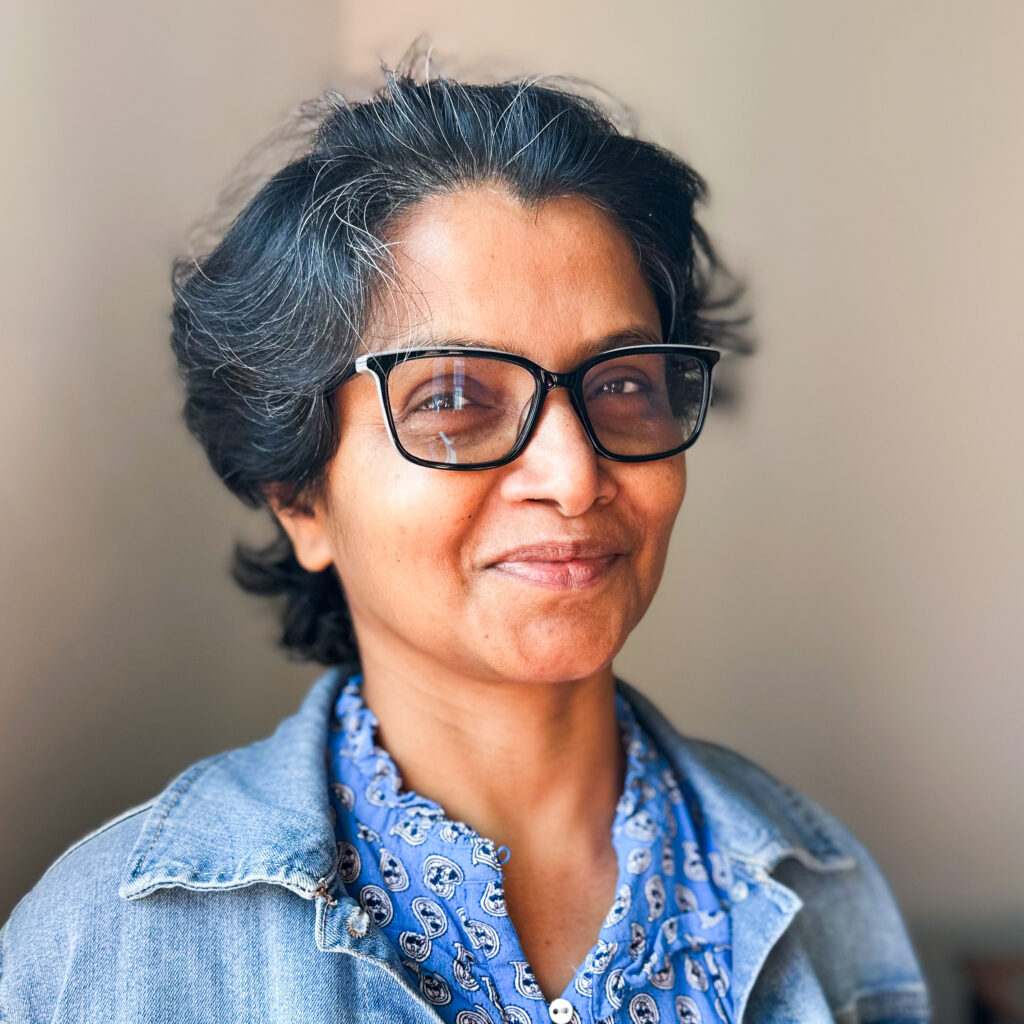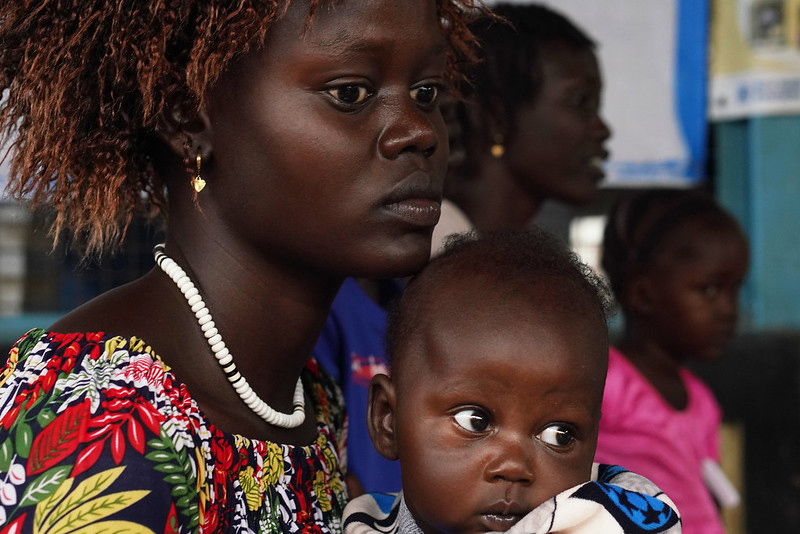
As a young girl in Bangladesh, Zinat Begum was fascinated by the women aid workers who bicycled to different towns, reaching out to people in need. Their independence intrigued her, “Their lifestyle was different from most people, and they wanted to make a difference in people’s lives. That really fascinated me.”
During college, Zinat had the opportunity to explore the work of disaster response professionals when she signed up to volunteer for a local aid organization. She started traveling as a disaster risk reduction officer, and that’s when her professional life began—helping communities learn about ways to prepare for hurricanes, civil unrest or disease outbreaks.
She saw the impact she could have on communities before a crisis, but it wasn’t until the aftermath of a flood in 2004 in Bangladesh, which left 30 million people homeless, that Zinat explored the world of disaster response. She led an assessment in some of the country’s most affected districts as part of the Bangladesh government’s first-ever, multi-agency process that included national and international nonprofits and the United Nations.
The response made me realize that I could actually do something,” she says. “My actions could contribute to alleviating the suffering of an affected population.”
Zinat Begum

Zinat has deployed as a humanitarian aid professional ever since, helping to manage crises in Yemen, South Sudan, India and Nepal, to name a few countries. Today, Zinat is using her deep experience to develop and refine Jhpiego’s comprehensive response before, during and after humanitarian crises. As the organization’s first senior humanitarian advisor, she is focused on integrating Jhpiego’s past practices in situations of natural and political crises to fully address a community’s health and protection needs.
Health care and humanitarian response
Health-related issues, such as food security, sanitation and hygiene, and gender equality are all affected by disasters, natural and human made. But, for many people, the COVID-19 pandemic cemented the connection between humanitarian crises and health care.
Zinat Begum
Women and mothers often find themselves in vulnerable situations during conflict; Zinat recalled her work in South Sudan at the time of political upheaval and unrest. “I was deployed to a very remote location in South Sudan,” she says. “Food was scarce for everyone, and there were no water, sanitation or hygiene facilities. Gender dynamics were not equal, and women had trouble accessing the services they needed, especially pregnant women.”

Through her work with Jhpiego, Zinat sees the opportunity to make an impact beyond just one country. “Jhpiego has 50 years of experience in health care in development, but they are a newer organization in terms of humanitarian issues,” she says. “I wanted to contribute to humanitarian response at a strategic and global level and make sure I was involved in health care at the same time.”
A cornerstone of our focus: communities
Jhpiego is focused on helping countries deliver humanitarian aid to women and their families to help ensure equal access to health care and protection during and after a crisis hits. The organization is engaging in humanitarian-related working groups, meetings and convenings at global, national and subnational levels. “But we’re also focusing on ways to implement safeguarding mechanisms and integrate community perspectives,” Zinat says.
Locally led development and community involvement have always been key components of Jhpiego’s work around the world; the humanitarian response programming is no different. In Ethiopia and Mozambique and Afghanistan and Pakistan, a cornerstone of Jhpiego’s humanitarian response strategy is working with community leaders to address immediate and long-term needs. “In my experience, whenever disaster hits or crisis occurs, it has always been the affected communities who are the first responders,” says Zinat. “They are the real humanitarians. Their deep understanding of local dynamics, coupled with their emotional and physical ties to their communities drives them to take the lead.”

Jhpiego is connecting with communities now so that when a crisis hits, we know who to reach and how to support them. That means focusing on working with local actors to enhance their capacities for effective and timely responses that reach the most marginalized and hard-to-reach communities. We conduct needs assessments and listen to colleagues and partners who live in the affected areas before providing guidance to help rebuild health facilities and ship in medicine and supplies.
I’ve come to recognize that there is no [better way] of fostering resilience than by actively involving local communities.
Zinat Begum
Debora Bossemeyer, BSN, MSED, Jhpiego’s Vice President of Global Programs, provided technical review of this article.
Katherine Seaton is a communications manager in Jhpiego’s U.S. office.



